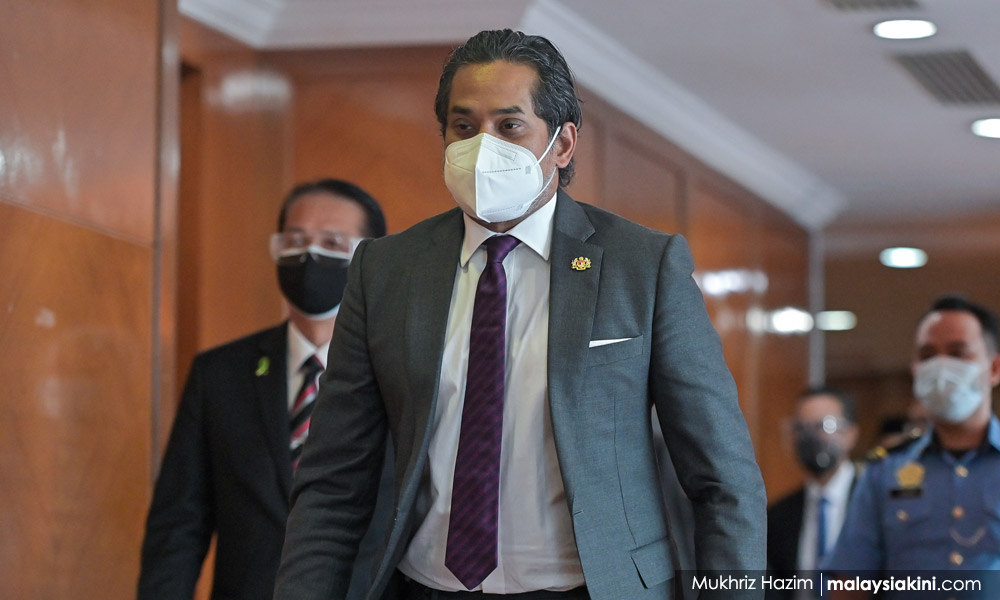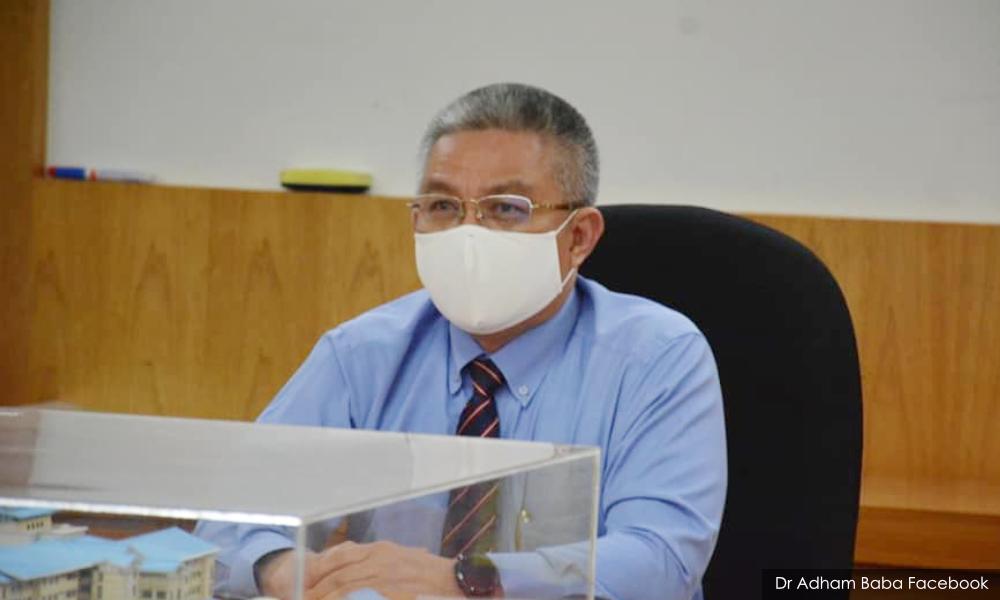If ministerial jobs are by application only, the requirements would look something like this:
- Leadership and organisational skills;
- Logical thinking and analytical ability;
- Excellent communication skills;
- Undergraduate qualification (minimum) from an accredited university;
- No criminal record or public scandals;
- Prior work experience is highly desirable but not necessary; and
- No subject matter knowledge is required.
This does not sound like a demanding list. Only the first three items are skills-based. But most ministers we have do not meet these requirements – for some, not even the basic requirement of having a degree from an accredited university.
In this article, I want to discuss the notion of competence among ministers, and use the test case of Minister of Health Khairy Jamaluddin to show the difference competence makes.
In the latter part of the article, I will also discuss why it is almost impossible for us to have more Khairys in government with our current system.
If a minister has the seven prerequisites outlined above, they are likely to command the two most important ingredients in politics: credibility among equals and the confidence of the people.
Unlike a private organisation, the people (the de facto employer of the government) do not have quarterly or yearly evaluations of the government.
Instead, we rely on gut feeling and accumulated experience to know how well a minister is doing.
Khairy’s demonstrated ability in leadership and organisation, logical thinking and analytical ability, as well as communication skills, have put him above the rest, most intimately contrasted to his predecessor Dr Adham Baba.

First, leadership and organisation. Running a government of tens of thousands of civil servants requires acute leadership and organisational skills, so that directions are clear, progress tracked and monitored and the first-in-charge is respected.
Other than appreciating and empathising with medical staff who are in the thick of Covid-19’s rescue operations, Khairy’s whole-of-society approach is commendable.
One of the first things he did when he came into what he called the “heavy responsibility” as the minister of health, was to strengthen federal-state relationships so that coordination is smooth.
The previous government’s isolationist approach, starting by excluding the state governments from major Covid-19 discussions, was responsible for the exponential growth in cases and federal-state antagonism.
Second, logical thinking and analytical ability. The Covid-19 battle was fundamentally a scientific one. Around the world, countries with leaders sceptical of science consistently performed poorer.
Since his time as the immunisation chief, Khairy has gained a reputation for making decisions based on scientific findings and data.
From vaccine efficacy to global vaccine inequity, positions that are taken based on data are more persuasive and reassuring.
This adherence to data has also produced Malaysia’s only Covid-19 success: the world-leading vaccination speed. Within weeks of his appointment, he has also released granular Covid-19 data that was long demanded by state governments, researchers and the discerning public.
In contrast, Adham’s medical training did not seem to inspire confidence as unscientific explanations like the warm-water theory were dangerous and misleading.
It matters not whether this was said in jest. The unscientific foundation on which his opinions were formed destroyed the minister’s credibility, especially in urgent times of life and death.

Third, communication. Khairy’s two-pronged communication approach meets the standards required in times of crisis. He emphasised regular and consistent communication, as well as absolute clarity in explanations.
Even in his previous role, Khairy held daily press conferences to provide updates on the progress of the immunisation programme so that the people are kept informed. Moreover, every update contained status, reasons and next steps.
The people’s expectations are not high. If something is moving slowly, as long as the government provides an honest explanation and a reasonable timeline, the public would be satisfied.
The best example of good communication lies in reorganising the confusing SOP by the previous government so that compliance and punishments are fair, just and certain.
In contrast, Adham was invisible most of the time as minister of health, and when he appeared, another gaffe could be expected.
Granted, we do not expect ministers to be flawless, but repeated gaffes would invite a crisis of confidence in the entirety of government. They imply a lack of care.

Even when the case numbers have not decreased – as there would undoubtedly be a time lag – most people already feel safer.
The dark clouds of uncertainty and lack of confidence in the government have now slowly disappeared. That is the difference competence makes.
Would there be more Khairys? Probably not. The political system does not reward competence; instead, they embrace the cunning and corrupt.
Any competent worker who wants to contribute to the country via politics would have their foray interrupted with dirty party politics and toxic actors who are intent on maintaining their gains.
Added to that, our politics that worships oldness perpetuates notions of feudalism and traditionalism, making an overhaul of quality nearly impossible. Very few make it out alive.
A competent politician raises the standard for everyone. Now, any cheap political attacks against good ministers would backfire quickly. Opposition criticisms are now equally scrutinised.
The successor of the Ministry of Health would have large shoes to fill.
While I am not hopeful of a systemic change on the party politics level to open up room for competent people to serve, I am hopeful that Khairy’s showing would remind us of the difference competence makes. - Mkini
JAMES CHAI is a political analyst. He also blogs at www.jameschai.com.my and he can be reached at jameschai.mpuk@gmail.com.
The views expressed here are those of the author/contributor and do not necessarily represent the views of MMKtT.




No comments:
Post a Comment
Note: Only a member of this blog may post a comment.